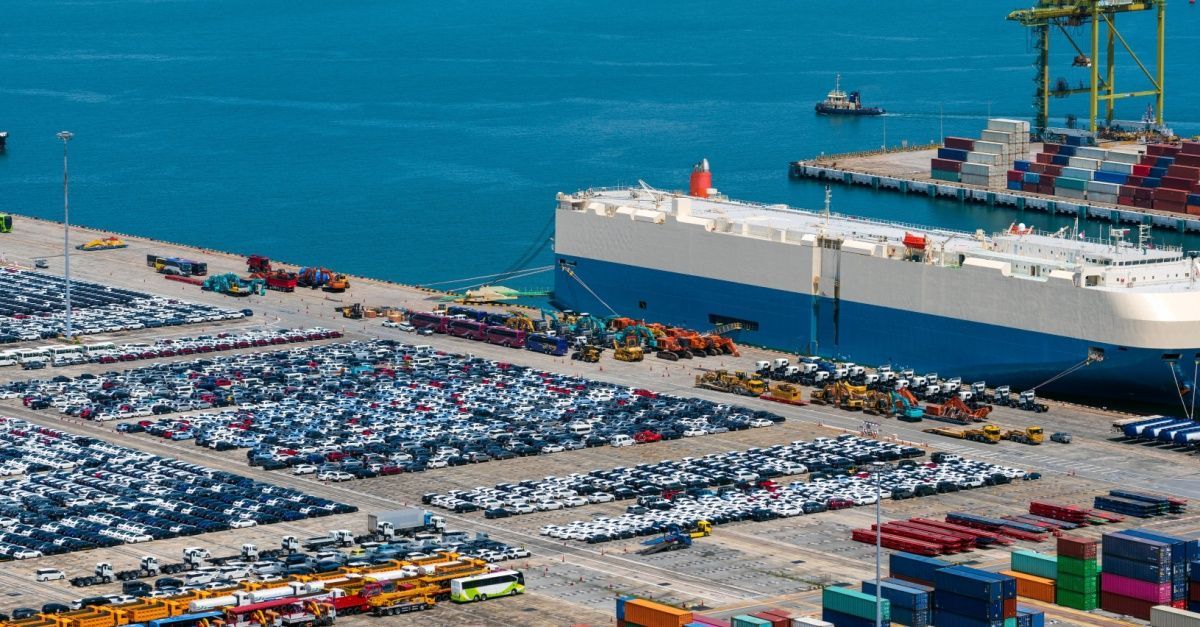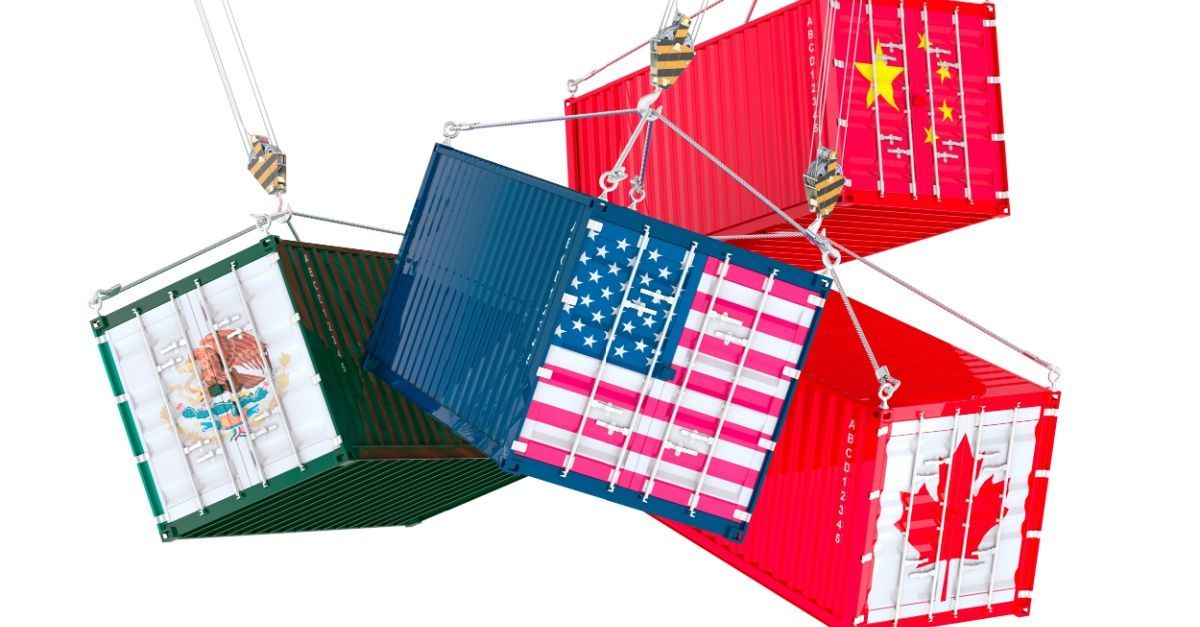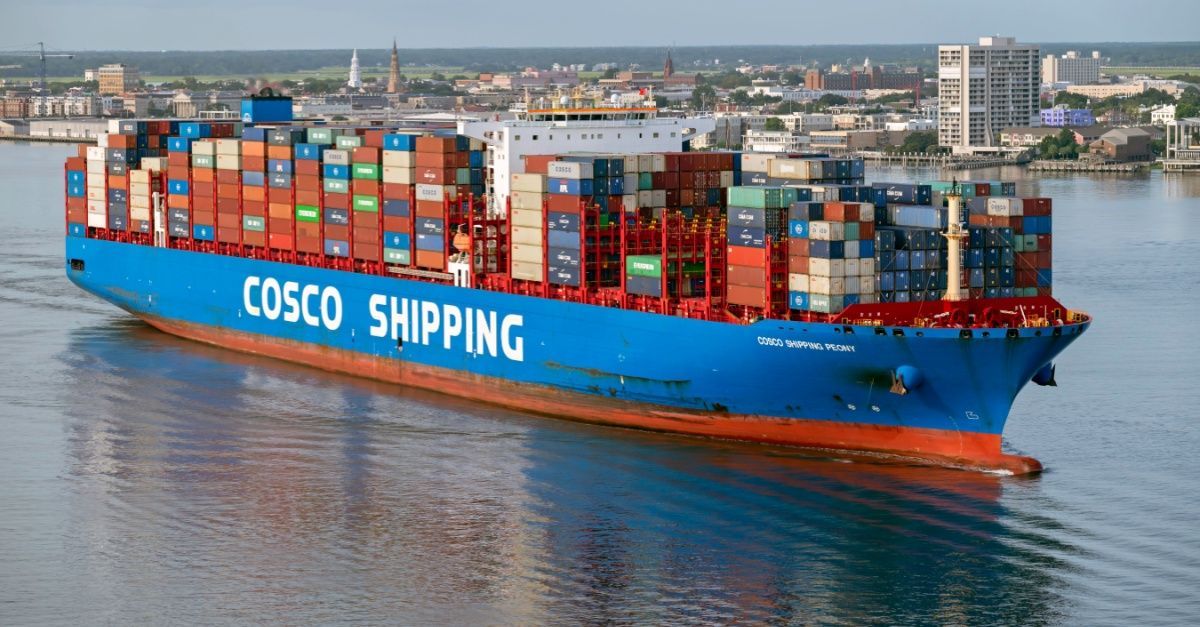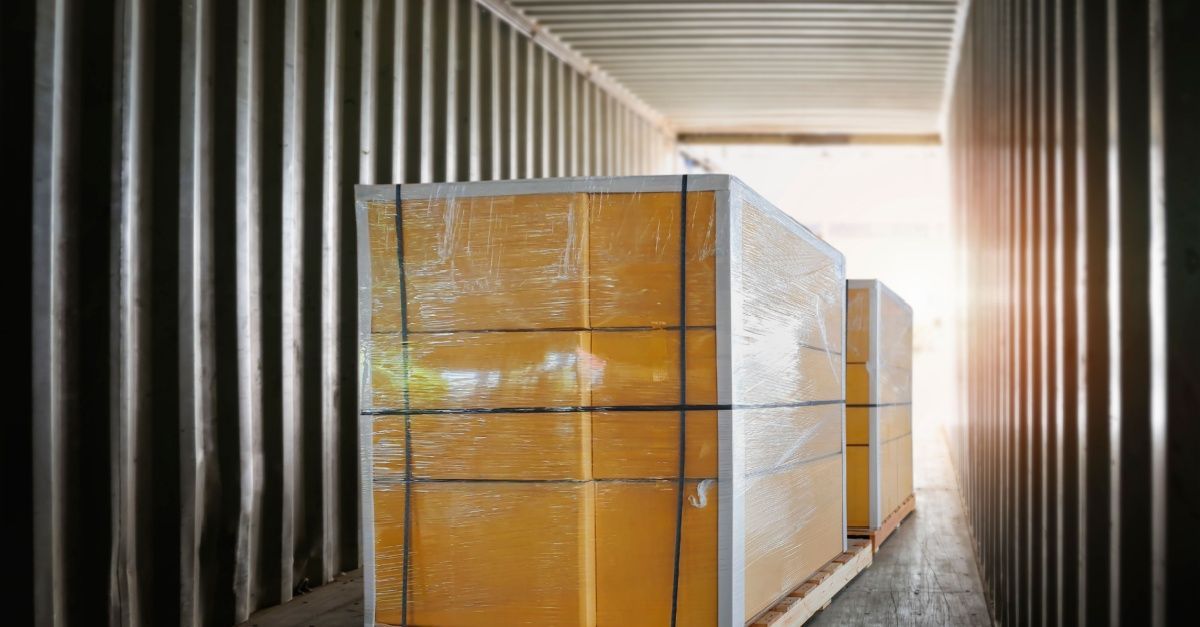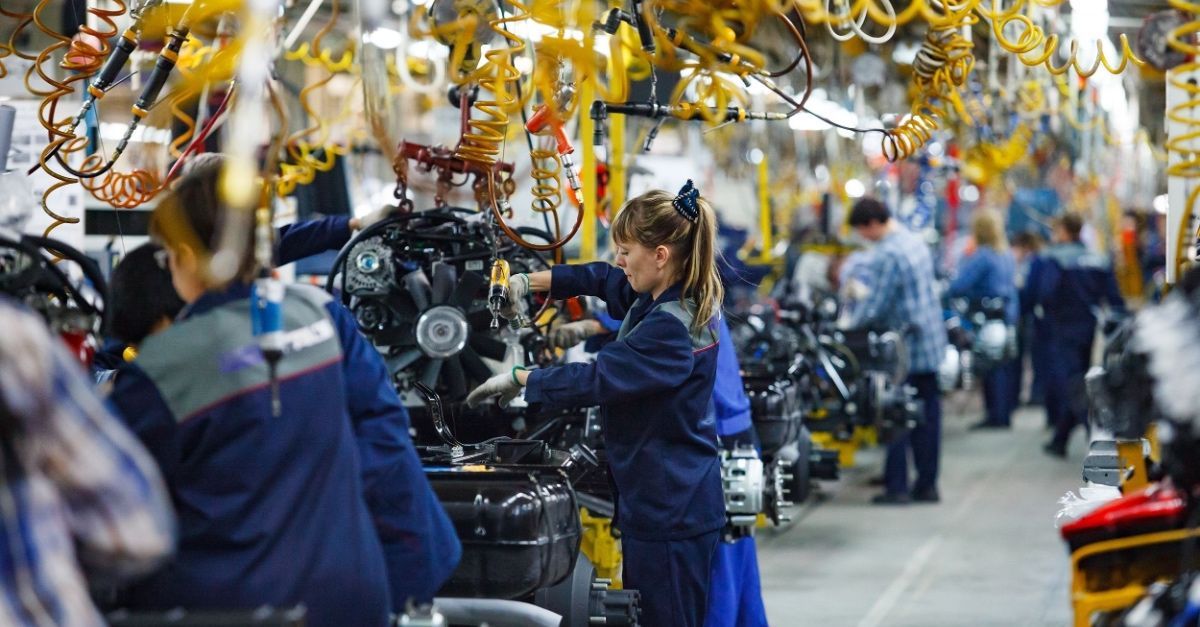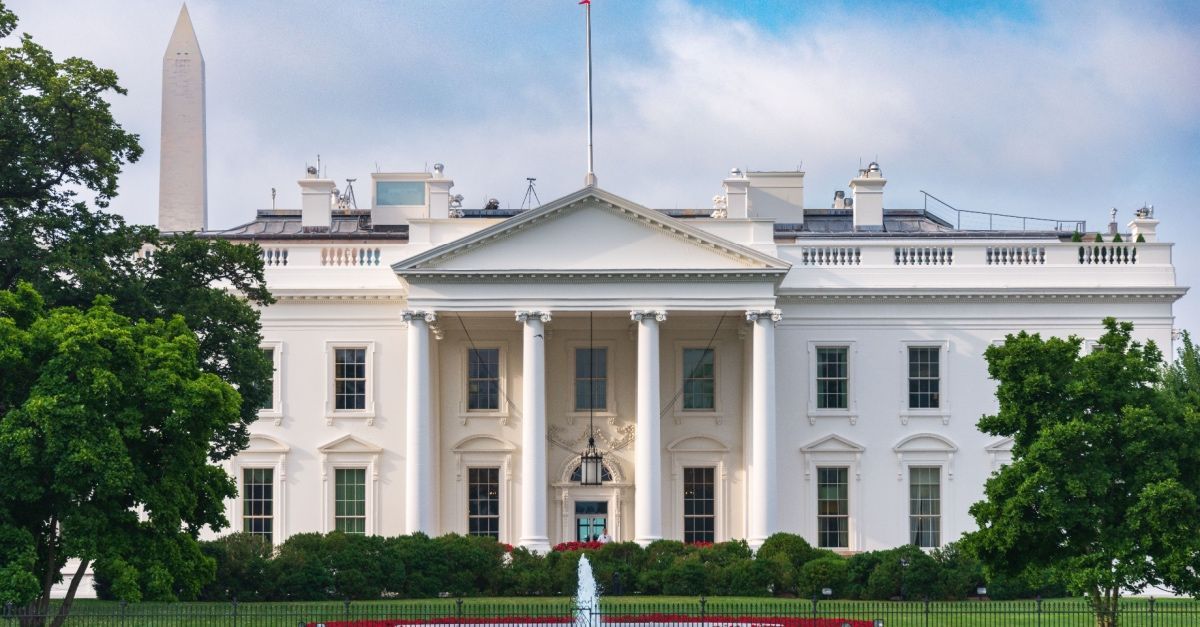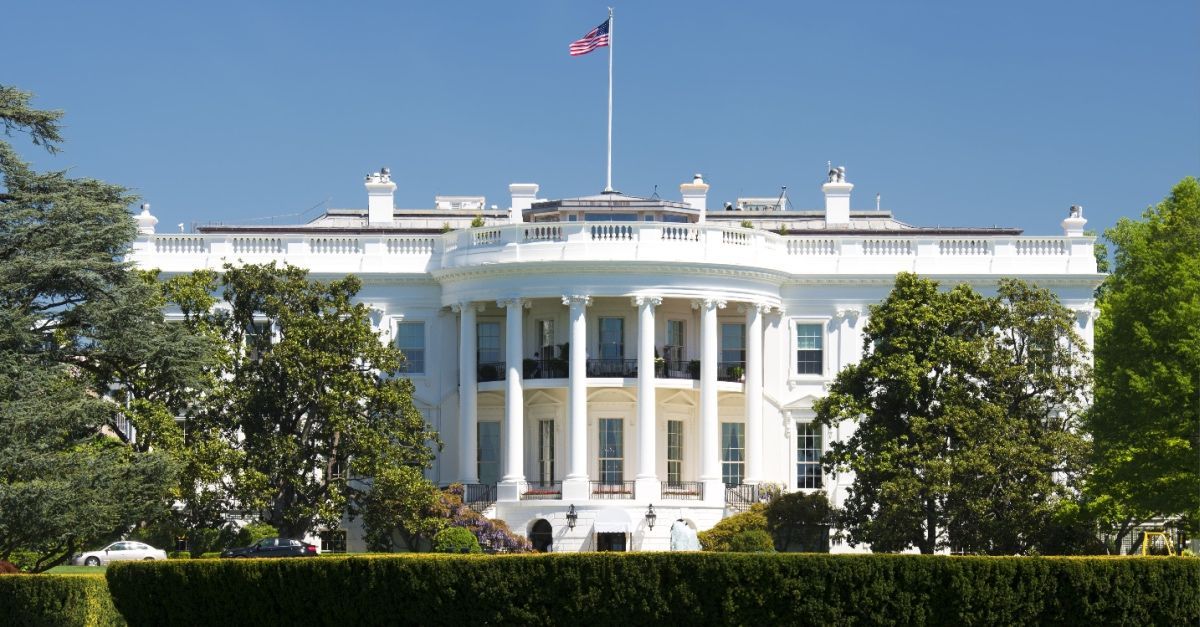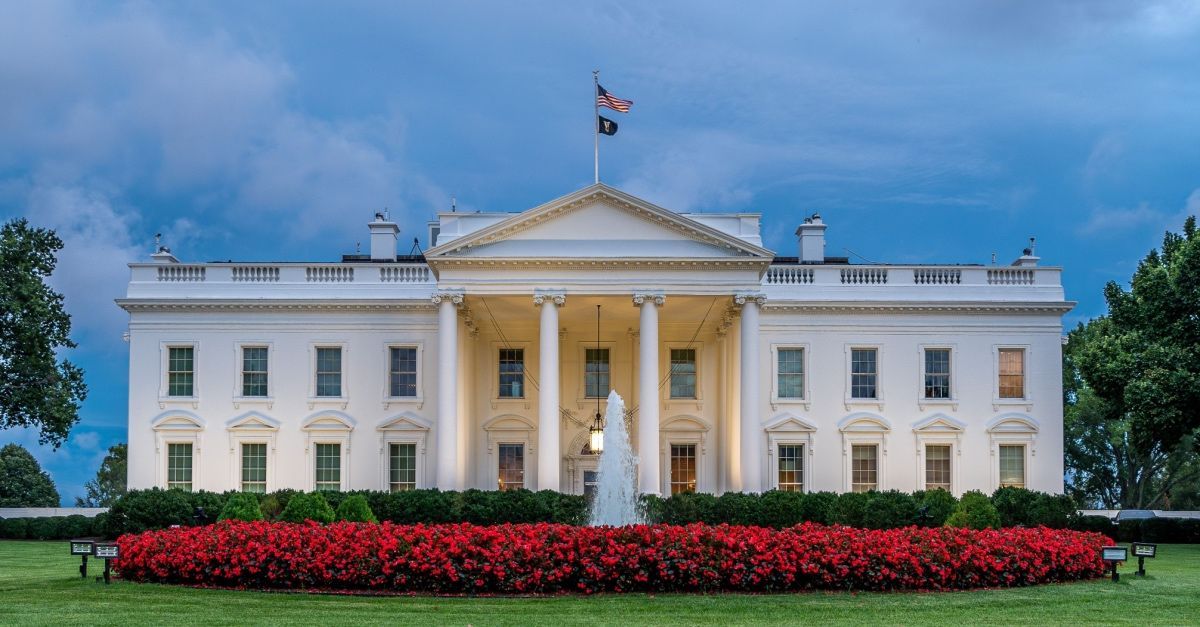Retail Shipping: 5 Trends Shaping Retail Logistics
Blog Post CTA
Have you ever juggled a shipment crisis on a Monday morning? Or scrambled to find a last-minute solution to an out-of-stock debacle? As retailers and supply chain managers, you're at the heart of the retail shipping universe, making countless decisions that impact the flow of goods daily. The world of e-commerce has amplified the importance of retail logistics, turning it from a background process to the centerpiece of customer satisfaction. Yet, amidst these heightened stakes, U.S. retail operations report an average supply chain accuracy of only 63%. What's more, a staggering 43% of small businesses are experiencing this without even tracking their inventory!
For those in the trenches, especially in Food & Beverage,
these challenges present opportunities for the taking. This article is your roadmap to the five pivotal trends reshaping retail logistics. From the e-commerce tidal wave to the green shipping revolution, we're about to unpack the strategies and innovations you'll want on your radar.
Today’s Retailers Face a Challenging Landscape
The world of retail logistics involves more than just delivering products on time; it's a complex interplay of meeting heightened customer expectations, managing persistent inventory issues, and staying resilient amidst increasing supply chain disruptions. For retailers and supply chain managers, the stakes have never been higher.
An Increase in Supply Chain Disruptions
From January to June 2023, 8,197 supply chain disruptions were recorded across all industries, marking a 3% year-on-year increase. Although this indicates some stabilization, the specifics are concerning. Labor disruptions, including strikes and layoffs, surged by a whopping 136% in the first half of 2023 compared to the same period in 2022. Though declining by 20%, factory fires still presented as the leading disruption, with 1,642 instances. Moreover, financial disruptions, such as bankruptcies and profit warnings, skyrocketed, increasing 196% and 300%, respectively.
A Steep Rise in Customer Expectations Around E-commerce
E-commerce has been booming and continues to do so. An estimated 20.8% of retail purchases will occur online in 2023, with global e-commerce sales projected to reach a massive $6.3 trillion and grow by 10.4%. As 80% of U.S. consumers continue to evolve their shopping habits, with 43% now opting for online purchases over in-store buys, the pressure on retailers to adapt and excel in this digital domain is immense. Furthermore, free and fast shipping has emerged as the primary driver for online purchases, underscoring the importance of robust retail shipping strategies.
Persistent Inventory Issues
Managing inventory has been tumultuous for many in the retail sector, especially in the post-pandemic era amid changing consumer behavior. After the shortages of 2020 and 2021, many retailers faced the challenge of unloading excess products as consumer spending declined due to steep inflation. Matt Garfield of FTI Consulting observed unprecedented inventory levels at several apparel retailers, likening the situation to peak season distribution centers even in off-peak months. Additionally, major retailers like Target had to adjust their inventory in response to sudden shifts in consumer spending, with Telsey Advisory Group's analysis quantifying this and revealing that inventory growth across major retail segments averaged 46% in Q2 of the previous year.
The challenge now is to strike a balance – ensuring availability without the burden of overstock. So, what does this mean exactly for the 5 trends shaping retail logistics?
5 Trends Shaping Retail Logistics
Retail logistics is in fast-forward mode. From speedy e-commerce deliveries and green shipping to blending online and in-store shopping, warehouses going high-tech, and supply chains bracing for surprises.
1. E-commerce Boom and Last-Mile Delivery
The e-commerce world isn't just changing; it's skyrocketing. But as it soars, it brings along sky-high expectations from consumers. 90% of online shoppers expect packages to arrive in two or three days. Another 32%? They're abandoning their shopping carts if the delivery estimate seems too long. Let's not start with the 61% who want items delivered within three hours after placing an order or the 80% who want same-day shipping.
The e-commerce boom has especially impacted the
Food & Beverage sector. Think about it: fresh produce, meal kits, or niche providers such as ButcherBox, Goodfood, Sea to Table, and others –
all need to arrive quickly and in perfect condition. This new appetite for swift food deliveries has tossed the traditional retail logistics playbook out the window. It's like juggling flaming torches, trying to keep pace with evolving consumer preferences while ensuring freshness upon delivery. But there's a silver lining for these retailers. Collaborating with a 3PL could be the secret sauce, offering the agility and expertise needed without the logistical migraines of old-school fleet management.
2. Sustainability and Green Shipping
In the face of the e-commerce explosion, a new trend is reshaping the world of retail logistics: the drive for sustainability. TRecent BCG research highlights this shift: 82% of shipping customers are now willing to pay a premium for zero-carbon shipping, a number that's grown by 11% since 2021. This demand is especially evident in the Food & Beverage sector, where product freshness intertwines with sustainable shipping. However, with the Paris Agreement aiming to limit global warming to 1.5ºC/2.7ºF by 2050, the shipping industry faces challenges in aligning current green practices with these ambitious goals. The push is on to boost customer willingness to pay, harness regulations, and adopt green shipping innovations. After all, in an era where consumers are more conscious than ever about their carbon footprint, green shipping isn't just an eco-friendly choice—it's a business imperative.
3. Omnichannel Fulfillment
Imagine a world where your customers seamlessly transition between online browsing, in-store visits, and app purchases while anticipating a cohesive shopping experience. Welcome to the age of omnichannel fulfillment. For retailers and supply chain managers, grasping and executing this strategy is paramount, yet only 60% of retailers recognize that. So, to make these strategies genuinely impactful, securing reliable capacity access is non-negotiable, and perfecting omnichannel fulfillment is the way forward.
4. Warehousing and Inventory Optimization
Imagine a busy street corner in a city center. There, a micro-fulfillment center, no larger than a typical neighborhood store, rapidly processes your customer's order. This image isn't a snippet from a sci-fi movie; it's today's reality. But we’re only in the first inning. While 250 MFCs currently operate in the U.S., projections suggest this number will skyrocket to around 5,600 by 2030 — a staggering 20-fold increase. Moreover, as the era of smart and flexible warehousing dawns, retailers are turning to AI to optimize inventory management. Concurrently, data analytics provides invaluable insights for demand planning. At the same time, Just-In-Time strategies guarantee the right stock at the right time.
5. Supply Chain Resilience and Risk Mitigation
Recent black swan events and global supply chain disruptions have thrust the importance of resilience into the spotlight for retailers and supply chain managers. It's no longer just about reacting but proactively anticipating challenges. The solution? A combination of diversifying supply routes, regular risk assessments, and leveraging technology. Partnering with seasoned carriers and utilizing advanced tech tools, such as cloud-based GPS systems, can track shipments in real-time, navigate around weather and traffic hiccups, and ensure maximum value.
A Future-Ready Retail Revolution with Entourage Freight Solutions
The retail shipping world is in the throes of a seismic shift. From the e-commerce explosion to the dawn of green shipping and the push for omnichannel fulfillment, the stakes are sky-high for retailers and supply chain managers. Amidst this, supply chain accuracy and inventory management are more crucial than ever. But with Entourage Freight Solutions (EFS) in the mix, these tasks turn from an uphill climb to smooth sailing.
EFS doesn't just offer services; they offer solutions tailored to confront modern-day retail logistics challenges. Whether looking at full truckloads or refrigerated trucking, cross-docking in strategic locations, or specialized project logistics, EFS has got you covered. The cherry on top? Their state-of-the-art, GPS-enabled tech ensures real-time rerouting and rate adjustments.
For those in retail logistics management, partnering with Entourage Freight Solutions is about more than efficient shipping; it's about crafting a resilient, future-proof strategy. So why wait?
Request a quote from Entourage Freight Solutions today.

